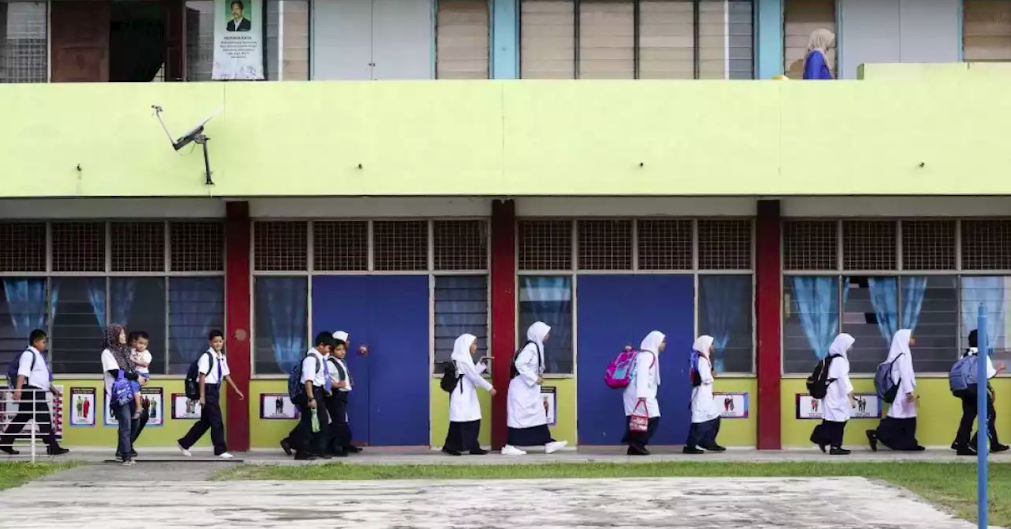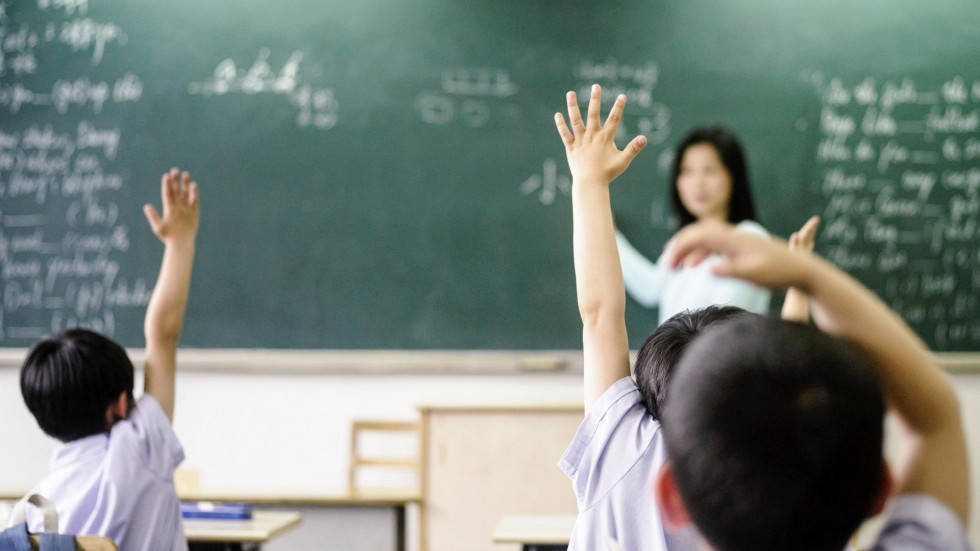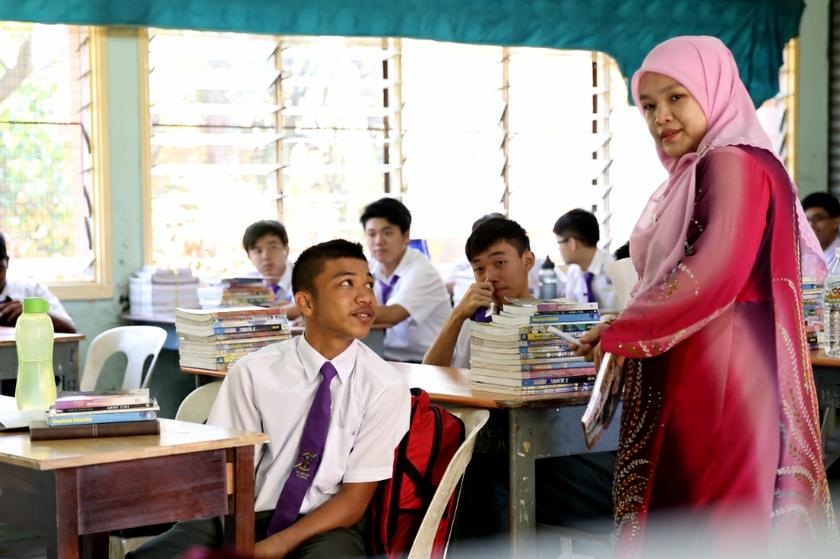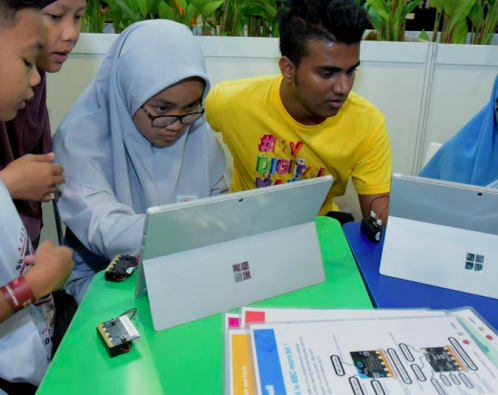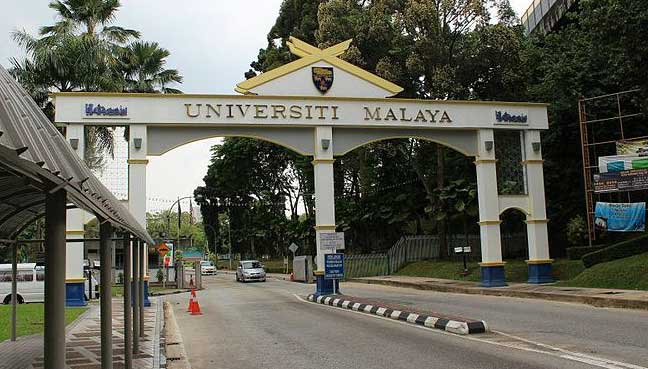9 Major Changes In Malaysia's Education System That You May Have Missed In 2019
The Ministry of Education has successfully rolled out 53 important changes in our country's education system.
In 2019, the Ministry of Education successfully rolled out 53 important changes in our country’s education system
These changes were focused on these five areas:
- Bringing Back Love and Care to Education
- The Quality of Teaching and Learning
- Autonomy and Accountability
- Malaysia Reads
- The (Pakatan Harapan) Manifesto
From more inclusive learning opportunities to better school facilities, here are some of the major changes in Malaysian education this year:
1. We have introduced more learning opportunities for OKU students in public schools
In 2019, there were 88,419 OKU students in Malaysian public schools. To encourage more inclusive learning, 75 new schools have introduced classes for OKU students. This year, there were a total of 10,707 classes for OKU students, which is 513 more than the year before.
2. Primary school students in Standard 1, 2, and 3 no longer have to take exams
To take the pressure off young students and allow them to discover the joy of learning, the Ministry of Education abolished mid-year and final exams for those in Standard 1, 2, and 3.
3. The workload for teachers has been cut in half, allowing them to focus on what they do best
To give teachers more time to prepare for classes and nurture their students, the Ministry of Education has abolished the manual attendance book and Linus. Paperwork like health and canteen forms have also been handed over to academic and administrative assistants.
4. We are equipping students for the digital era, with 40,450 classrooms actively using Google Classroom nationwide
10,208 schools nationwide now enjoy fibre Internet, allowing students to equip themselves for the Digital Age. One of the new digital learning tools is Google Classroom, now used by 32,036 teachers and 364,204 students around Malaysia.
5. Our university rankings have gone up, with 120 local universities listed in the QS-World Universities Ranking (WUR) 2020
Some of our local universities outperformed other Asian universities, jumping up in the QS Asia 2020 rankings:
- Universiti Malaya (UM): was #19, now #13
- Universiti Putra Malaysia (UPM): was #34, now #33
- Universiti Sains Malaysia: was #43, now #37
- Universiti Kebangsaan Malaysia: was #41, now #39
- Universiti Teknologi Malaysia: was #47, now #40
- Universiti Teknologi Petronas (UTP): was #99, now #82
Besides that, nine polytechnics were awarded gold status by the Asia Pacific Accreditation and Certification Commission (APACC) 2019.
6. Nine in ten dilapidated schools have been restored and are now operational
This year, 452 of 534 dilapidated (old and rundown) schools were repaired and are now safe and operational. 1,216 dilapidated science labs have also been restored, allowing more students the opportunity to learn.
7. Over 89% of Technical and Vocational Education Training (TVET) graduates find jobs
TVET is focused on producing skilled workers for the Malaysian workforce, and so far the results have been encouraging. So far, 4,789 of 61,510 graduates have been employed, with 16,625 industry collaborations to guarantee jobs for graduates.
8. Kuala Lumpur was named World Book Capital for 2020 by UNESCO
The Ministry of Education wants to make Malaysia a reading nation by 2030. So far, 3,703 reading programmes have been carried out nationwide. The government has also introduced a RM5,000 monthly incentive for National Laureates (Malaysian literature contributors).
9. PTPTN has provided exemption and discounts for borrowers, along with tax incentives for employers who pay for their employees
To help ease the burden of students, PTPTN has abolished the blacklisting of defaulters, while providing exemption for borrowers earning less than RM2,000. They have also given write-offs or discounts for excellent students and those in the B40 group.
Employers now also receive tax incentive if they help pay for their employees' PTPTN loan without deducting their salaries.
Besides this, there have been initiatives to look into reforms in the education system
From enhancing the PTPTN system, to addressing the needs of the OKU and orang asli community, the Ministry of Education is looking into ways to improve the education system in Malaysia as a whole.
While this is just the start, we are encouraged by the progress of our country's education system so far. Stay up to date with the latest #education news on their website.
